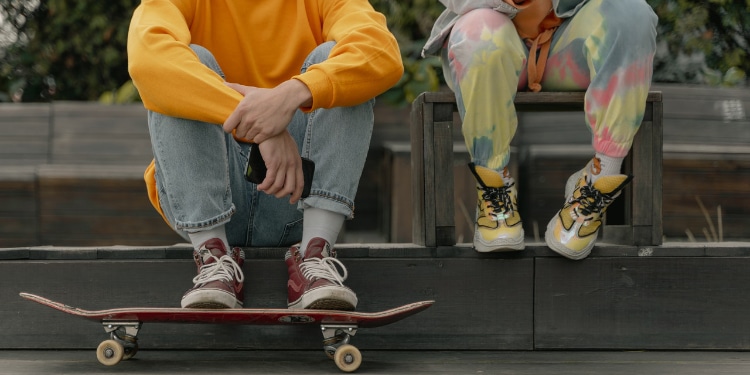











Perhaps as you are reading this, you are overcome with the odd feeling that you have read this article before. It is strangely familiar, but for the life of you, you cannot quite put your finger on where or when you have read it in the past. Then, your eye catches the date and you realize that it was just written and there is no way that you could have possibly read it before. But why does it innately feel like you have? This type of feeling can be explained by the déjà vu phenomenon.

Déjà vu is a French term that literally means “already seen” and is a relatively common experience, especially for younger individuals. Déjà vu is a powerful sense of having lived through something before despite the fact that prior experience is doubtful or unfeasible. This type of occurrence can be baffling, as the overpowering feeling of familiarity that is linked to something that shouldn’t be recognizable at all simply makes no sense. Déjà vu is short-lived, occurs erratically, and happens without forewarning. You feel certain that you have read this article before, but you know that it is brand new. Why would this article seem so familiar when there is no way that you could have read it previously? .
The déjà vu experience is complicated and not easily explained. There has been a significant amount of speculation and hypothesizing about why and how this phenomenon occurs, but no single cause has been identified. Researchers believe that déjà vu may result from brain activity that is associated with memory.
Déjà vu has been decisively linked to temporal lobe epilepsy, a condition where seizures result from uncontrolled electrical signals beginning in the temporal lobe. The temporal lobe is the portion of the brain that is crucial in forming, recalling, and recovering memories. Individuals with temporal lobe epilepsy often report experiencing déjà vu immediately before having a seizure. This is suggestive that déjà vu is likely associated with the temporal lobe.
In individuals without epilepsy, déjà vu has been hypothesized to result from miniature seizures in the temporal lobe of the brain. These tiny seizures are believed to be related to the feelings of familiarity that one experiences during déjà vu. It is theorized that these tiny seizures end before causing any other significant problems. Thus, feelings of familiarity might be fired by brain cells in the temporal lobe, but end up being unnoticed or ignored by other areas of the brain.
Other psychoanalytic practitioners speculate that déjà vu may result from fantasy or from an individual’s desire to fulfill a wish. Other researches postulate that déjà vu happens from mismatching in the brain that mistakes present-day for the past. Parapsychologists believe that déjà vu correlates with experiences from the past. Some research has studied déjà vu as it pertains to genetic and hereditary factors. At present time, there aren’t any genes that are specifically linked to déjà vu. However, a gene on chromosome ten, associated with a weak type of epilepsy, is currently being studied for a possible linkage. Finally, interactions between pharmaceutical drugs may also increase the likelihood of a déjà vu experience.
The déjà vu phenomenon has been extensively researched and studied, but is still not completely understood. So, at present time, we are simply left to speculate why déjà vu occurs. If you happened to experience déjà vu while reading this article, perhaps the style of writing, the layout, or the subject matter is similar to something that you have read in the past. Perchance you are simply honing in on the fact that you have read an article on e-counseling.com or an article written in this configuration before. Whatever the specific mechanisms at play, we know it is undoubtedly somehow linked to memory.